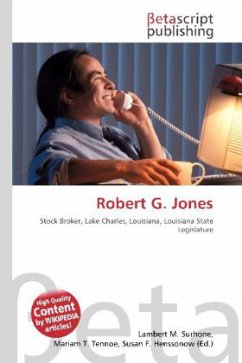Please note that the content of this book primarily consists of articles available from Wikipedia or other free sources online. Robert Ezra Park (February 14, 1864 February 7, 1944) was an American urban sociologist, one of the main founders of the original Chicago School of sociology. Park was born in Harveyville, Pennsylvania, and grew up in Minnesota. He was educated at the University of Michigan, where he was taught by the pragmatist philosopher John Dewey. His concern for social issues, and especially issues related to race in the cities, led him to become a journalist in Chicago. After being a journalist in various U.S. towns 1887-1898, he then studied Psychology and Philosophy for an MA at Harvard 1898-9, being taught by another prominent pragmatist philosopher, William James. After graduation, he went to Germany, studying in Berlin, Straßburg (Today Strasbourg, France) and Heidelberg between 1899 and 1903, before returning to the United States. He studied philosophy and sociology in 1899-1900 with Georg Simmel at Berlin, spent a semester in Straßburg 1900, and took his PhD in Philosophy in 1903 at Heidelberg under Wilhelm Windelband (1848-1915) and Alfred Hettner (1859-1941); Dissertation: Masse und Publikum.
Bitte wählen Sie Ihr Anliegen aus.
Rechnungen
Retourenschein anfordern
Bestellstatus
Storno








